T4K3.news
Retail earnings show tariff pressure
Tariffs weigh on pricing and demand as Lowe's beats estimates and Target considers leadership change during earnings week
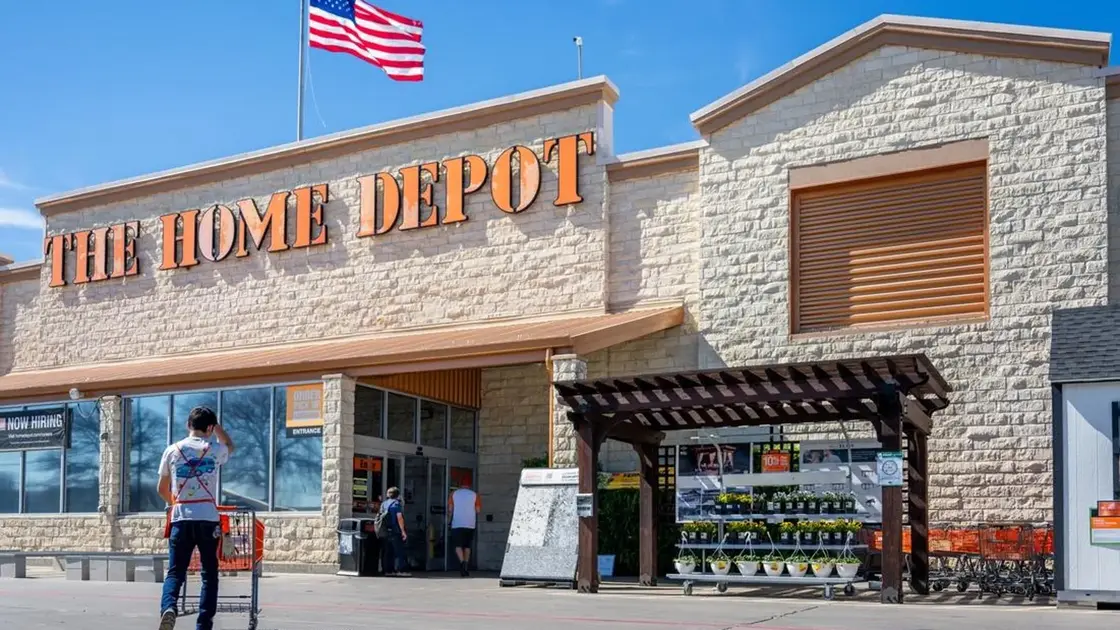
Earnings from Lowe's and other big retailers show how tariffs and policy shifts are shaping sales and pricing decisions.
Tariff Turbulence Tests Retailers as Earnings Beat
Target posted another quarter of declining sales, though the drop narrowed to 0.9% from 2.8% in the previous quarter. The retailer also announced that its CEO, Brian Cornell, will step down after 11 years, with Michael Fiddelke to take over. Lowe's beat expectations for earnings and revenue and said it would buy Foundation Building Materials, expanding its reach to professional builders. Several large retailers will report this week, offering a snapshot of how tariff pressures are influencing spending and pricing decisions.
Home Depot reported net earnings of 4.6 billion dollars on revenue of 45.2 billion, slightly below expectations, but still higher than its first quarter. The company kept its full-year guidance, while CFO Richard McPhail cautioned that higher tariff rates for some imported goods could affect prices, though he stressed the impact would not be broad-based. He also noted that customers are choosing smaller projects amid general uncertainty and higher borrowing costs. Home Depot imports less than half of its inventory from outside the United States, and analysts say tariff effects are uneven across product lines, which could lead to selective price adjustments.
Key Takeaways
"We don't see broad-based price increases for our customers at all going forward"
Bastek on pricing outlook
"There are items that we have that could potentially be impacted from a tariff"
Bastek on tariff exposure
"Sales leveraging our digital platforms rose about 12%"
Bastek on online performance
"Higher tariff rates for some imported goods could impact prices, but these adjustments won't be broad based"
McPhail on tariff impact
Tariffs add a layer of uncertainty that affects planning across the supply chain. Retailers are balancing higher costs with the need to protect demand, and some are betting on online channels to offset weaker store traffic. The leadership change at Target signals a potential shift in strategic direction at a time when policy choices could redraw cost structures. The mix of strong digital growth and softer foot traffic suggests winners may be those who blend efficiency with flexibility in sourcing and inventory. As policy evolves, profit margins will hinge on which product lines face tariff exposure and how shoppers adapt to higher prices or delayed spending.
Highlights
- Tariffs rewrite the playbook for retailers beyond prices
- Online sales rising proves stores are bending with the wind
- Leadership shifts signal a rethink of how to navigate a volatile economy
- Shoppers favor small projects as uncertainty lingers
Tariffs and policy sensitivity risk
Tariff policy creates political sensitivity and potential investor backlash while directly impacting pricing and consumer demand. The article shows how retailers respond to volatile costs, consumer caution, and leadership changes, making policy moves a visible risk to earnings and stock performance.
The tariff path remains uncertain and retail strategy will keep evolving as policy and consumer confidence shift.
Enjoyed this? Let your friends know!
Related News
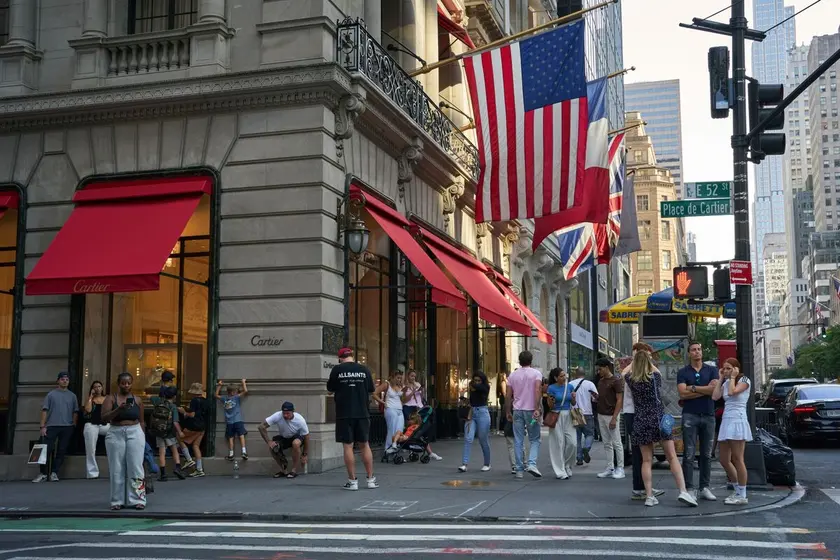
US Retailers Eye Consumer Health Ahead of Earnings
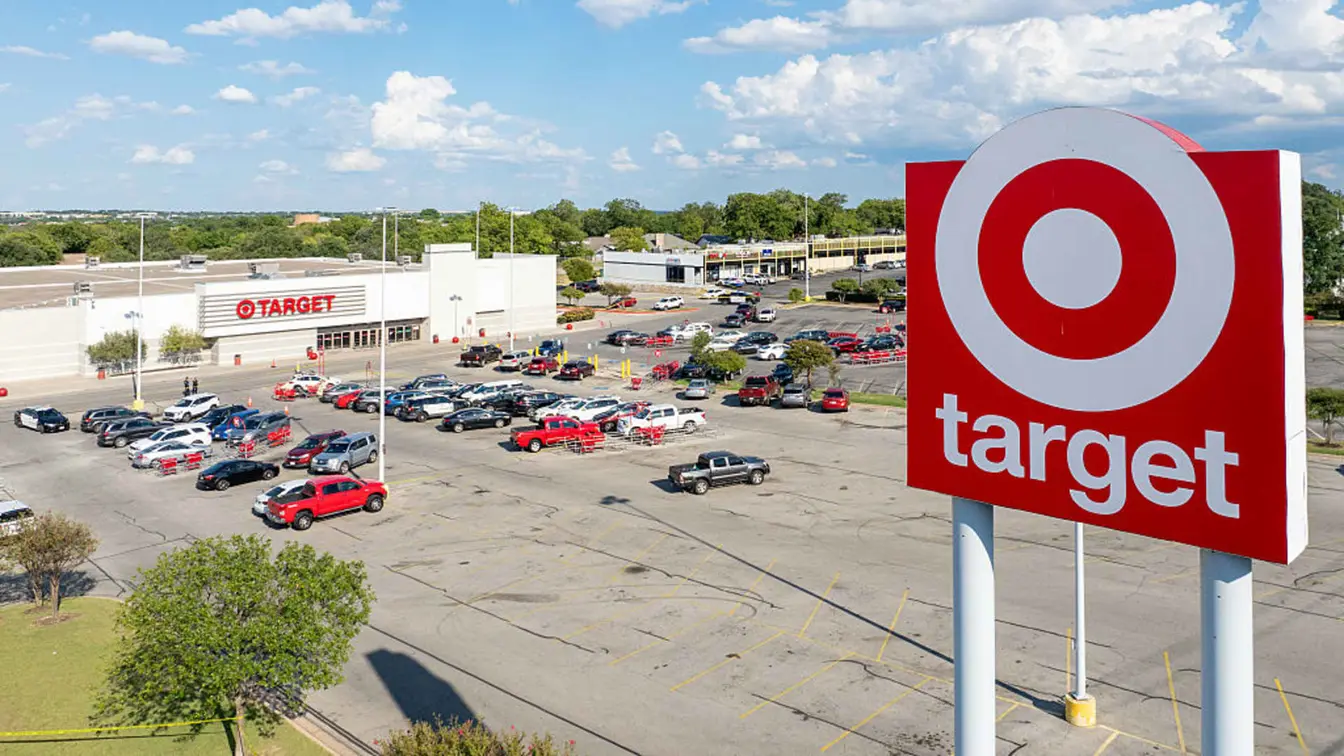
Target Q2 earnings awaited

Target appoints Michael Fiddelke as CEO

Crocs trims orders amid cautious shoppers
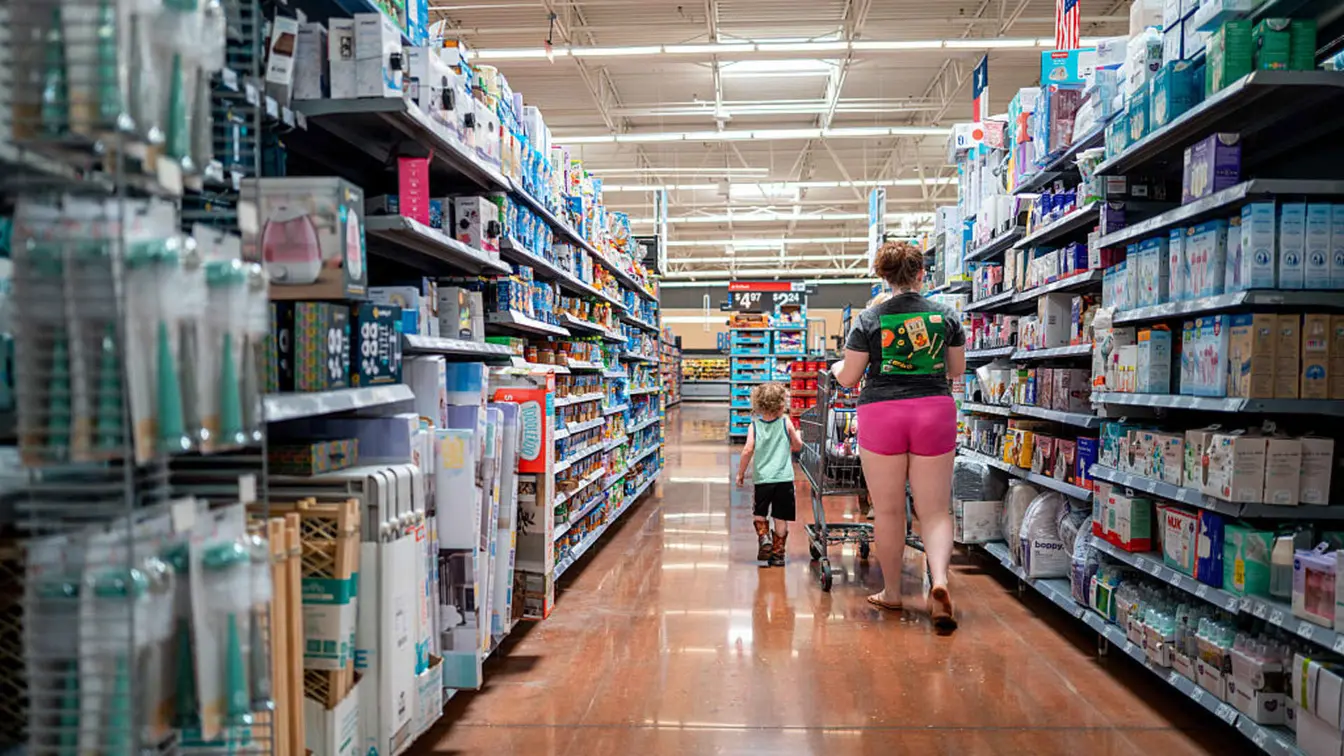
Walmart raises prices as tariffs take effect
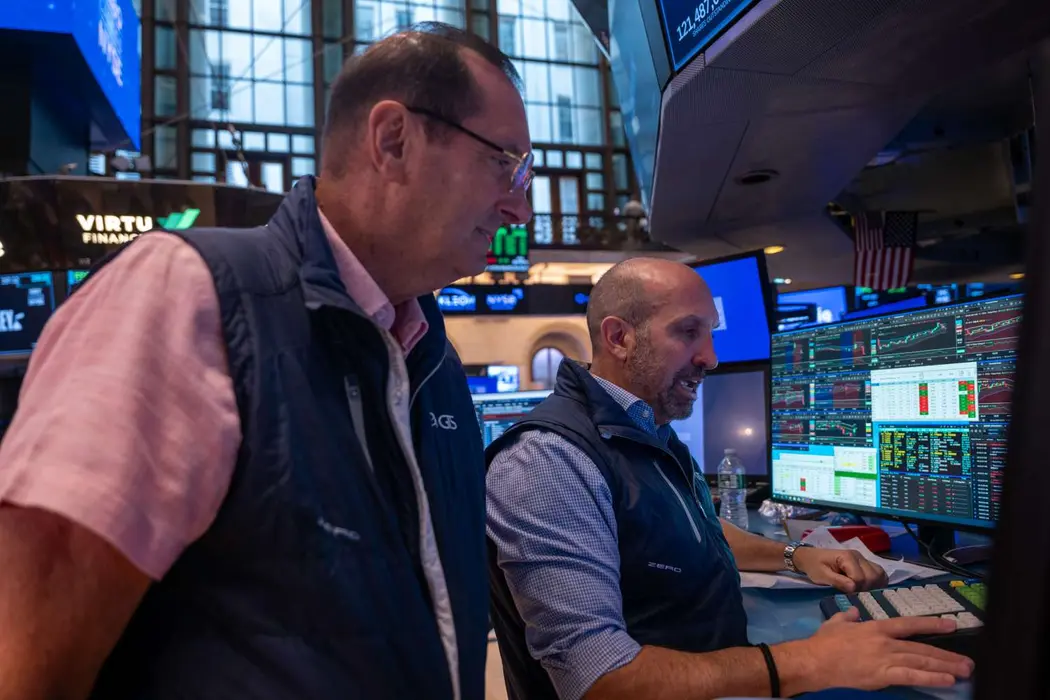
Stocks Retreat as Investors Await Key Technology Earnings
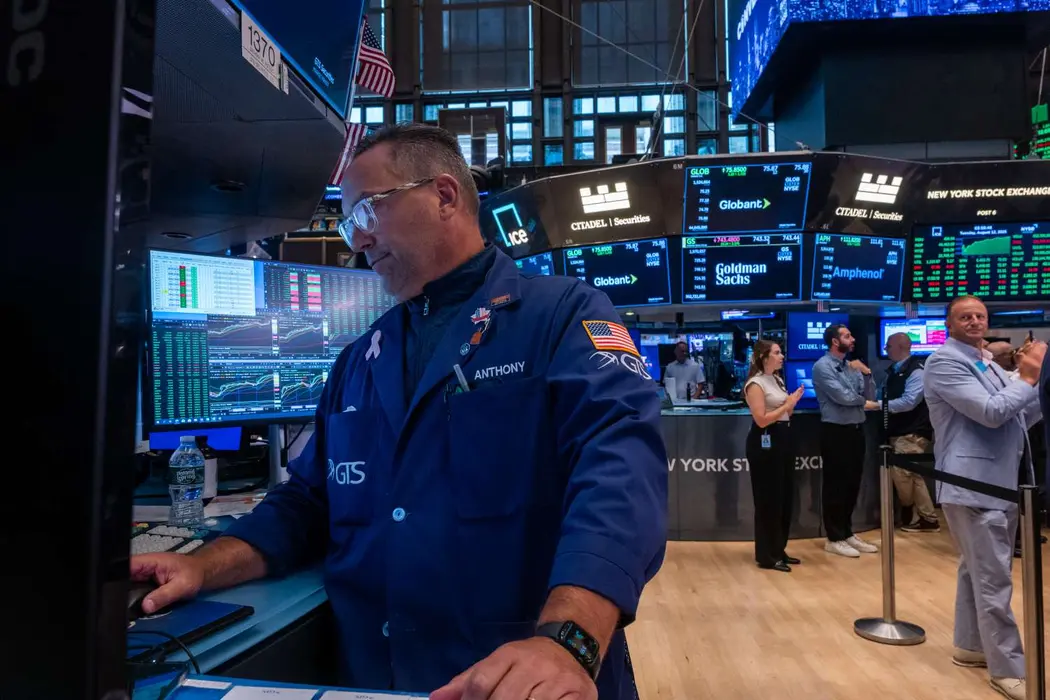
S&P 500 Holds Narrow Gain Intel Extends Rally
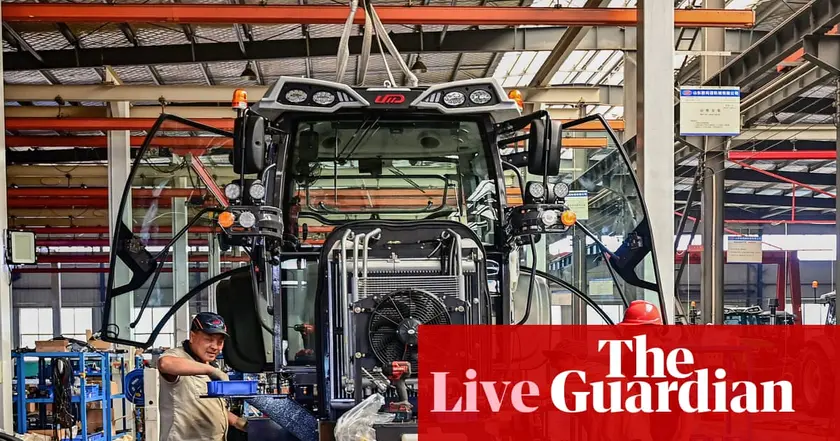
FTSE 100 hits new high on tariff cues
